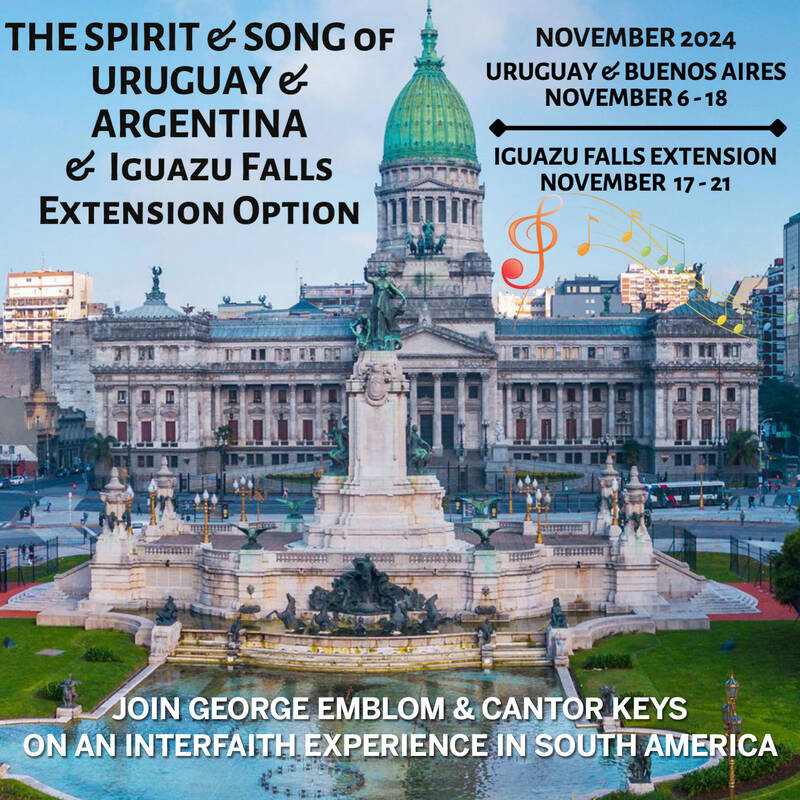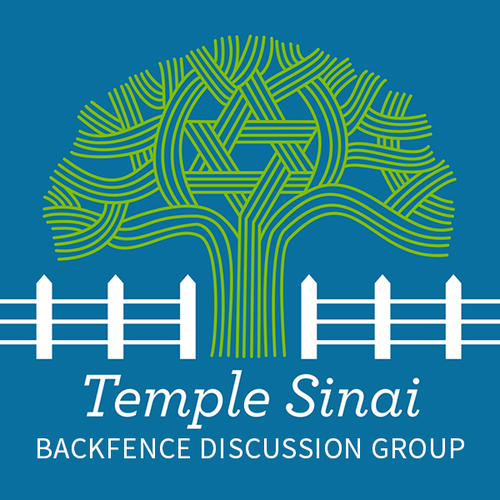- Home
- About Us
- LEARN
- Pray
- Engage
- Give
- Calendar
Chevrah Kadisha
Chevrah Kadisha
Welcome
You and your loved ones need not be alone at the end of life. The Temple Sinai community is proud to have a Chevrah Kadisha that follows a centuries-old tradition of community support for individuals experiencing the continuum of issues that arise at the end of life. In our synagogue, the traditional activities of a Chevrah Kadisha are shared among several Temple Sinai committees, including our Chevrah Kadisha as well as:
- our Caring Community, which provides support for individuals and families at times of illness, loss, or other special needs;
- our Nechamah (comfort) Committee, which offers support to the grieving; and
- our Ritual Committee, whose members often lead shiva minyanim. The Chevrah Kadisha is a part of the Ritual Committee.
The specific task of our Chevrah Kadisha, within this framework, is to symbolically and physically prepare the body and soul of a deceased person for its transition from this world to Olam Ha-ba (the World to Come), and to “accompany” the body and soul during the period from death to burial. Regardless of your beliefs about what happens after death, our Jewish traditions for care of the body and soul after death are accessible to you and your loved ones, and offered free of charge.
Chevrah Kadisha means Holy Society and is often translated as Burial Society because the Chevrah Kadisha is responsible for preparing a deceased person’s body for burial.
Jewish tradition calls for burial, but we recognize that some individuals choose cremation or other methods of disposition. The Temple Sinai Chevrah Kadisha offers services to individuals who choose cremation as well as to those who choose burial. Our Chevrah Kadisha leaders are available to discuss the history and meaning behind the Jewish choice of burial as well as popular misconceptions about cremation and burial.
The members of Temple Sinai’s Chevrah Kadisha are volunteers, age 16 and older, who conduct the mitzvot (commandments/holy deeds) of taharah (purifying) and shmirah (guarding) out of a spiritual kavanah (intention) to honor both the dead and the living. By practicing and participating in these mitzvot, we are all preserving centuries-old Jewish life cycle rituals that bring us closer to the divine presence and the mysteries of life and death.
Who we are
The Temple Sinai community follows prescribed Jewish traditions dating back to the Middle Ages, as follows:
- We have a women’s Chevrah that includes and serves anyone who identifies as female.
- We have a men’s Chevrah that includes and serves anyone who identifies as male.
- Each Chevrah (women’s and men’s) has a leader. The leader’s title is Roshah (female) or Rosh (male) – these are the Hebrew words for “head.”
Adapting our Chevrah to the needs of our beloved community, we have added the following:
- For non-binary individuals, they may choose which Chevrah they prefer to be cared for by, or to work with, and they may also request to be cared for by a mixed-gender team.
Our Temple Sinai Chevrah Kadisha is part of the East Bay Chevrah Kadisha Consortium, which is an informal association of the many Chevrah groups in our area.
Temple Sinai’s Chevrah Kadisha is a member of Kavod v’Nichum (Honor and Comfort), an umbrella organization for Chevrah groups across North America. Kavod v’Nichum holds an annual conference, usually in June, at varying locations. The Gamliel Institute, which is part of Kavod v’Nichum, offers full-length courses, short courses, and other educational opportunities. Kavod v’Nichum’s website www.jewish-funerals.org is a vast resource on Jewish traditions around illness, death, and mourning—and other issues regarding the continuum at the end of life.
Some members of Temple Sinai’s Chevrah Kadisha also serve as volunteers with Melaveh. Based in the East Bay, the Melaveh Project is a 3-year-old endeavor aimed at providing free support for the dying within the Jewish community. Melaveh means “one who accompanies,” and trains volunteers on what it means to be a Jewish presence at the bedside of someone whose life is near the end. Melaveh volunteers comfort the dying in their final days and hours, and provide support for their loved ones. They serve as Jewish end-of-life doulas (an end-of-life doula is a midwife for the body and soul near and at death). For more information about the Melaveh Project, please contact jewish-funerals.org/melaveh, call (510) 649-5724, or email melavehproject@gmail.com.
Functions of the Chevrah Kadisha
The Chevrah Kadisha provides to the Temple Sinai community, free of charge:
- Taharah: This is the ritual washing of a deceased person’s body, and reading of prayers on behalf of a deceased person’s soul. It includes the shrouding and casketing of the deceased person’s body. This offering is performed by an anonymous team of 2-5 people, usually at Sinai Memorial Chapel in Lafayette. We can also connect you with a Chevrah Kadisha in nearly any city throughout North America. More details on taharah follow.
- The word taharah refers to the purity of the body and soul, as reflected in the prayer “Elohai, neshamah sh’natata bi, t’horah hi” — “My God, the soul that you gave to me, it is pure.”
- As part of the taharah, we pour water over the body, reflecting the idea, found not only in Judaism but also in many cultures, that water is a purifying agent. We dry the body completely before enshrouding.
- Immediate family members are not usually present at a taharah, as this may be emotionally difficult. (By special request, family members may be included in the very final steps of the ritual.) Friends are also not generally included unless they are already experienced members of the Chevrah Kadisha or unless the taharah takes place in a private home. (However, see below under shmirah for participation by family or friends.)
- A taharah takes about one hour to conduct from start to finish—sometimes a bit shorter or longer.
- Shmirah: This involves sitting in the same room or building with the deceased until burial or cremation takes place (except during taharah itself). This offering is conducted by individuals called shomrim [singular: shomer (male) or shomeret (female)]. During shmirah, the shomrim read Psalms or other appropriate or requested literature (e.g., poetry by the deceased’s favorite poet, letters to or from the deceased, etc.). Sometimes we sing or meditate during shmirah. Whatever we do, we keep our focus on the deceased and on reflections of death and life.
- The word shmirah refers to the guarding of the body. In ancient times, the body was guarded against wild animals and body thieves. Now, the intention of shmirah is to serve as a companion for the body and soul of the deceased, so they will not be left alone. We are accompanying their soul on its journey, out of respect and love.
- Anyone can do shmirah, including friends and family members of the deceased. If the person doing shmirah is under 16, they can request the presence of an adult.
- We sit in the same room (or building) with the deceased until burial or cremation takes place. Generally, shmirah takes place at the same location as taharah.
- Shmirah is generally conducted by 1-2 people at a time, in shifts of 2-4 hours.
- Education: We regularly provide workshops, presentations, and discussion opportunities for the Temple Sinai community to learn more about Jewish traditions around illness, death, and mourning—and other issues regarding the continuum at the end of life.
How to Request the Services of the Chevrah Kadisha
If you are curious about learning more, or wish to request taharah and/or shmirah for yourself or a loved one, please contact the Rosh or Roshah, or if it’s a more immediate need, please contact us at templesinai@oaklandsinai.org, or the staff at Sinai Memorial Chapel.
Chevrah Kadisha Policies and Procedures
Click HERE for the guidelines that members of the Temple Sinai Chevrah Kadisha follow in carrying out their work.
Click HERE for the “Acknowledgment Form” that members of the Temple Sinai Chevrah Kadisha sign in order to participate in Chevrah activities.
Chevrah Kadisha Book List
Click HERE for a list of books that discuss Jewish aging, death, dying, and mourning rituals, traditions, and thought.
Sat, July 27 2024
21 Tammuz 5784











